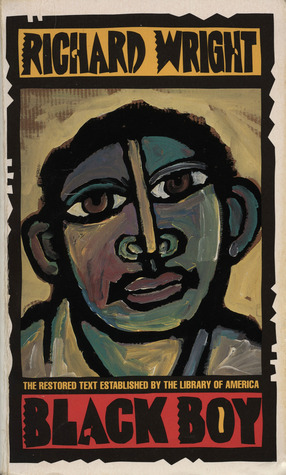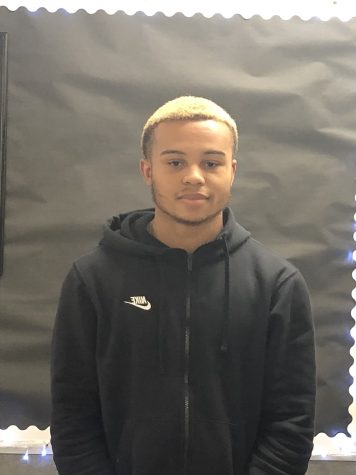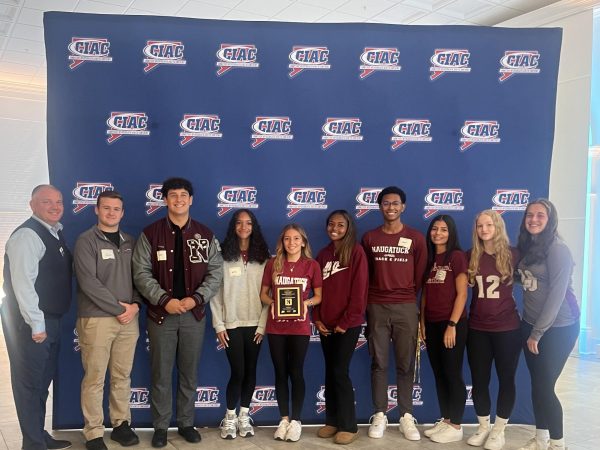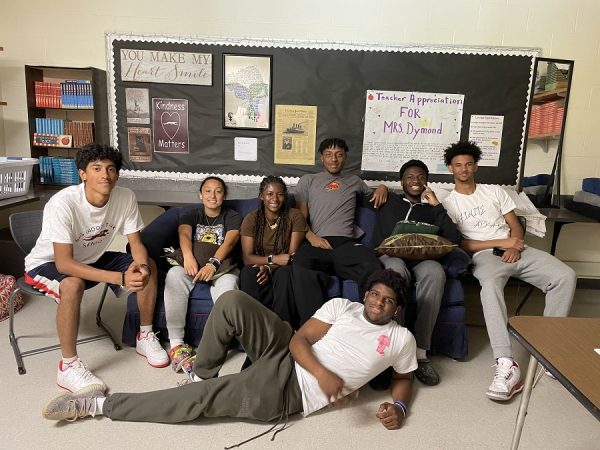The challenging of books is increasing

Photo Credit: Goodreads
As of 2022, the number of books being challenged in schools is at an all-time high across the United States and is still increasing, causing outrage among students and teachers nationwide.
Books have been challenged at an unprecedented rate across the country: since 2020, the number of challenged books has nearly doubled annually, with almost 1700 attempted book-bans nationwide so far this year.
The majority of these books center around two themes: LGBTQ+ and racial identity. Together, these themes make up roughly 52% of book bans, which begs the question: what is the real motive behind banning books?
The editorial board almost unanimously believes that banning books has become a political tool used to execute an agenda, furthering polarization in our nation.
“Restricting access to certain themes in books makes kids one-sided on so many important issues,” says Jayda Costa, Sports Editor of The Greyhound News.
LGBTQ+ books specifically make up roughly 33% of all banned books, mainly due to the rapidly-spreading theory that by providing children with LGBTQ+ education, they are being stripped of their innocence and groomed.
This notion supports the fallacy that being gay is a choice: a fallacy that has cost us many teen and young adult lives across the nation and the world.
“The purpose of an LGBTQ+ book is to provide the necessary exposure to certain themes that may not be well represented in certain areas,” says Mrs. Dymond, Executive Editor of The Greyhound News.
The point of LGBTQ+ books is to help people realize that being gay won’t go out of style. It won’t get left behind in time. To remain ignorant to the presence of the LGBTQ+ community is to continue generational trauma and by banning LGBTQ+ books, we are reinvigorating the culture of seclusion and intolerance that we have tried to leave behind. The same applies to books about race, which make up almost another 20% of all book challenges so far in 2022.
The politicization of the education system is also proving to be socioeconomically unjust, considering the fact that many families don’t have the necessary funds to buy books and conduct their own personal research.
For many, libraries are the only way to independently access reliable resources.
Once again, we must ask ourselves: why use children as a pawn in a political game? Children who have no say in the governance of our country, and whose minds are malleable and impressionable? Why limit access to valuable information that helps children grow into well-rounded, thoughtful, empathetic individuals?
Most importantly, what is being done against this?
1982 saw the most prolific banned-book case to date, where a group of 5 students in New York challenged the ban of 9 books in their school district.
This list included Black Boy by Richard Wright, Laughing Boy by Oliver La Farge, and The Naked Ape: A Zoologist Study of the Human Animal, which center around growing up black, preserving Native American Culture, and the theory of evolution, respectively.
These books were dubbed ‘Anti-Christian, Anti-Semitic, Anti-American, and just plain filthy’ by the group of parents who fought to have the books removed from the school.
The students’ case reached all the way to the Supreme Court, where it was deemed a violation of the first amendment for a public school to restrict speech just because it does not agree with the content of that speech.
Despite the positive verdict, it is important to recognize the multiple issues highlighted by this case.
Firstly, there is a clear power imbalance in the education system: a small group of parents made a decision that did not reflect the majority opinion, but still somehow affected hundreds of students.
Secondly, nowhere in this case were teachers mentioned. To exclude those who would be teaching and recommending the books from the discussion about their place in school is unfair for both the teachers and the students.
“Not involving teachers is a missed opportunity. Their perspectives on what the students can learn may help to contextualize the books,” says Mrs. Norcross, Naugatuck High School English teacher.
Lastly, it is important that public schools understand the limitations of their power, as well as their duty to serve their districts fairly, meaning providing equal access to education for all.
“Don’t deny somebody else access to books just because of your personal opinion. Books are tools to help us learn,” says Mrs. McMorran and Ms. Firmani, librarians at Naugatuck High School.
In the same way that we should be allowed access to the books we feel will edify us, we are not obligated to pick up any book we are not comfortable reading. This is the complex simplicity of freedom in our country.

I don't yet know what I want to pursue a career in for sure but I am taking this class for a third year because I believe it to be an essential part of...







